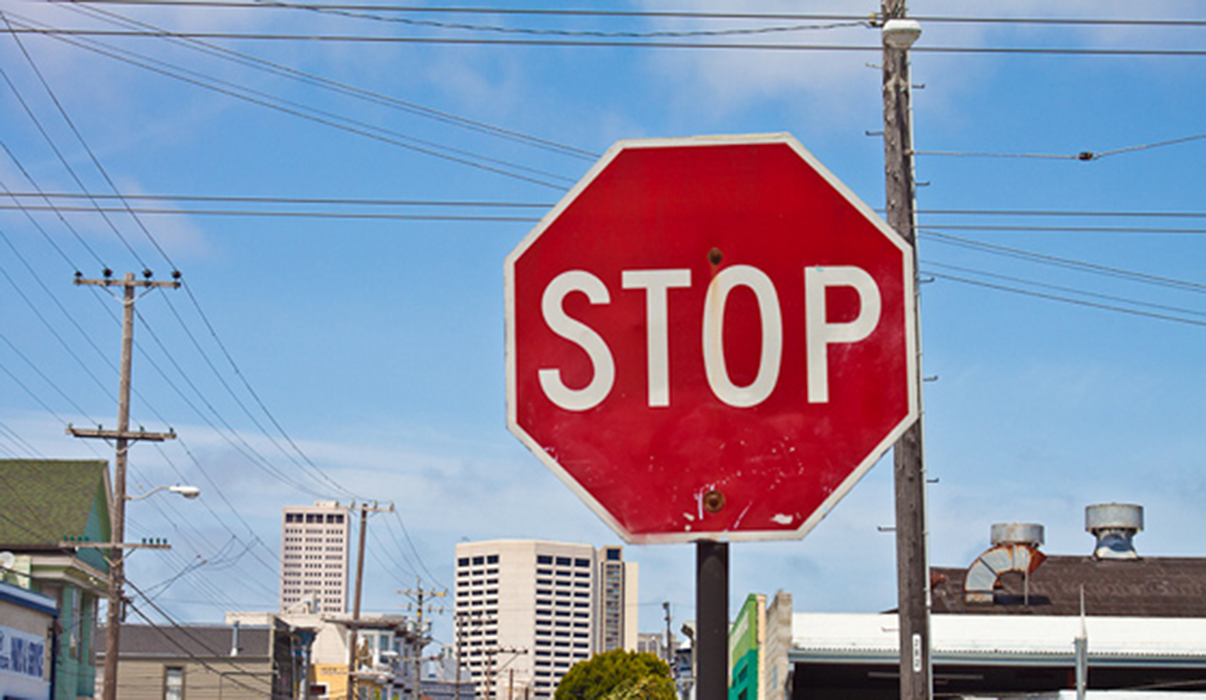HOLLYWOOD—I would be lying if I told you I did not have some apprehension about seeing the movie “The Hate U Give.” I presumed that it would be that film that I’ve already seen a hundred times over dealing with the crisis of African-Americans (particularly men) being fatally shot by white police officers. However, George Tillman Jr.’s take on the novel by Angie Thomas is something special and for a multitude of reasons. Why? It is a direct result of the performance of the movie’s star Amandla Stenberg, who portrays Starr Carter. Stenberg brings a poise and silent intensity to a character that grows as the movie progresses.
Starr is a very interesting character, who has to put on various personas depending on the geographic sphere that she sits in. She lives in the destitute neighborhood of Garden Heights, but attends an elite and predominantly white private school a distance from her house. While at home she can be herself, but at school she immerses herself in the White culture.
This is indeed a phenomenal dynamic because it is something rarely seen in cinema. It happens all the time; there are many African-Americans who portray dual roles depending on the environment and the people who they interact with. Starr deals with the pressure of having to remain ‘Black enough’ in her neighborhood, while not being ‘too Black’ while at school. As a spectator, we see those pressures start to eat away at Starr as she grapples with the fatal shooting of her childhood friend Khalil (Algee Smith) by a white police officer.
Khalil’s death makes national waves, and as a result Starr finds herself in this predicament on rather she should reveal to her friends and the world what she witnessed during Khalil’s shooting or if she should stay mum. Some could make the argument that the movie has no appeal to those not of the African-American race, but that simply is not true. The same dynamic can be applied to Whites who have grown up in predominantly African-American neighborhoods. It’s a battle to be one’s true self, which I think everyone can identify with.
The movie really takes a close look at the issue of self-monitoring and race. How we heighten how we behave with others out of fear of how they will be perceived and how that self-monitoring lowers when around individuals we feel we won’t be harshly judged by. “The Hate U Give” forces us to have a conversation more so about race relations and dynamics, versus the notion of police brutality. Yes, Khalil’s death has an impact on the narrative as his death lingers throughout the entire film and drives the narrative.
I mean Starr’s boyfriend is Chris (KJ Apa), who happens to be White, she grapples with a White friend who sometimes makes racist comments unaware of her antics, not to mention her father, Maverick (Russell Hornsby) who is a former gang member. Starr has a lot of outside sources testing her on a daily basis and because of that we see an evolution of the character.
The Starr Carter we see at the beginning of the movie is not the same person we see at the end of the movie. She grapples with alienating those in her community by not voicing what she witnessed when Khalil was shot, the same way she faces backlash from her White friends as she defends her childhood friend. Imagine being forced to choose between two communities, both that have equal footing in Starr’s orbit. “The Hate U Give” really forces audiences to think and see a perspective of some lives that some people fail to recognize actually exists. All that you see is not always everything that you see.




